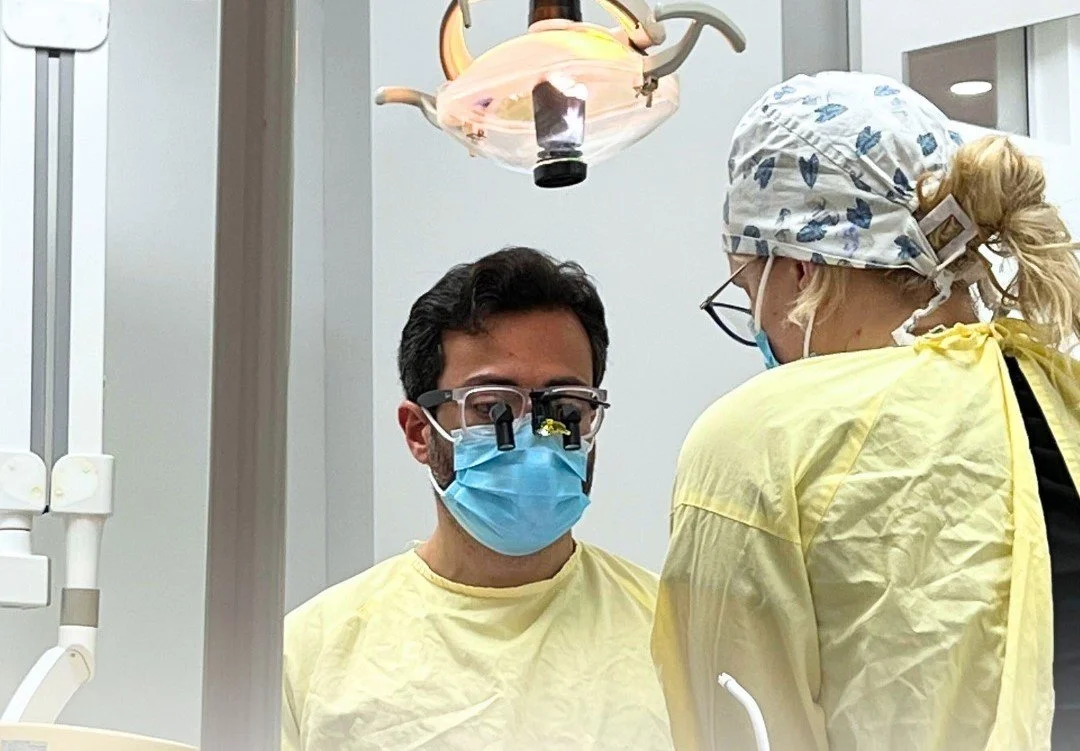
What Is Socket Preservation, and Why Is it Important?
If you are preparing for a tooth extraction, your dentist may recommend something called socket preservation. While it may not be a term you have heard before, this simple procedure can have a lasting impact on your oral health and future treatment options.
Socket preservation is not just about healing after an extraction. It is a proactive step that helps maintain the structure of your jawbone and gums, especially if you are considering a dental implant later on. Understanding what it involves and why it matters can help you feel more confident in your dental care decisions.

Comparing Traditional Dental Implants and All-on-4®
When considering options for tooth replacement, you may come across two popular choices: traditional dental implants and the All-on-4 implant-supported dentures. Both options offer effective solutions for restoring your smile and improving the functionality of your bite, but they differ in several key aspects.

How to Care for Your Dental Implants for Long-Term Success
Dental implants are a durable and natural-looking solution for missing teeth, but their longevity depends on how well you care for them. Just like natural teeth, implants require consistent oral hygiene and regular dental visits to stay in top condition. By following the right care routine, you can protect your investment and keep your implants healthy and functional for years to come.